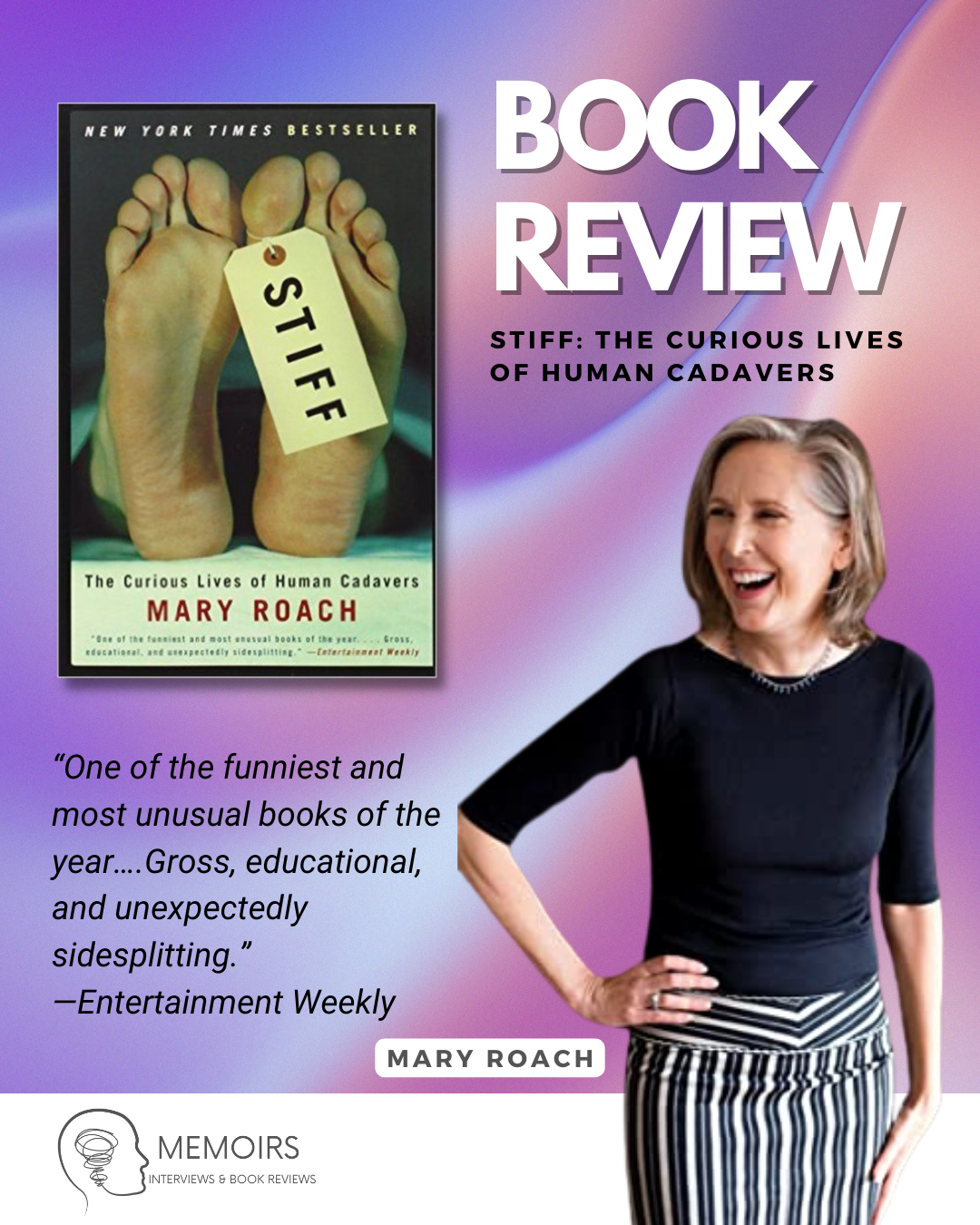Investing is many times about using all the rationality you can muster in irrational markets. Markets and reasons for market movements do make sense in the long run, but many times they do not make sense in the short run. That is why many investors become emotional and compound minor errors and turn them into wealth inhibitors. They wind up trading too much. Trading is harmful to your wealth. As Benjamin Graham, a very famous investor and teacher of Warren Buffet would say, “the investor’s chief problem–and even his worst enemy–is likely to be himself.” Trading starts with emotional decisions and escalates  into, and results in, poor performance.
into, and results in, poor performance.
Research by Dalbar, Inc., a company that studies investor behavior and analyzes investor returns, consistently shows that the average investor earns below-average returns. For the 20 years ending December 31, 2019, the S & P 500 Index averaged 6.06% per year, but the average investor did almost one-third worse and earned a market return of only 4.25% with greater volatility to boot.
As mentioned, investor behavior is illogical and often based on emotion. This does not result in wise long-term decisions. This post is an overview of some money losing moves that investors make. Many of these are found in my new book entitled Lessons For Long-Term Investors. They can be found in the first section in Law 13.
For starters, studies show that when the stock market goes up, investors put more money in it. And when it goes down, they pull their money out. This emotional behavior causes investor’s returns to be substantially less than historical stock market returns. What would cause all this? The problem is that the human reaction, to good or bad news, is to overreact. This tendency to overreact can become greater during times of personal uncertainty–near retirement or when the economy is bad. In addition, when it comes to investing, overconfidence causes investors to exaggerate their ability to predict future events and market movements. Despite the education on this subject the gap between index performance and actual investor returns still exists.
What can you do about all this? One of the best things, of course, is to hire a professional advisor to manage your funds. An advisor can be an intermediary between you and your emotions. If you are going to manage your money on your own you can do the following in order to give you greater odds of overcoming this emotional roller coaster:
(1) When things get emotionally charged, ask yourself if your financial goals have changed. If your portfolio is built around long-term goals (and it should be, hence the title of my new book Lessons For Long-Term Investors) then short term swings shouldn’t matter and no action should be taken. In the words of Gene Farma Jr., a famous economist, “Your money is like a bar of you soap. The more you handle it, the less you will have.”
(2) Trust the history. In a down cycle, just wait it out. A disciplined approach to investing will win the day. Yes, it is sometimes boring and sometime maddening, but it works and will hopefully produce the returns you need.
Find the Author
Lessons for Long Term Investors
Master These Lessons and Become a Successful Investor!
 Do you want to create more wealth? Do you want to maintain or even add to your standard of living now and during retirement? Now you can if you follow the concepts of this book. With this book, noted investment consultant Richard Rodman shows you:
Do you want to create more wealth? Do you want to maintain or even add to your standard of living now and during retirement? Now you can if you follow the concepts of this book. With this book, noted investment consultant Richard Rodman shows you:
- A wealth creation formula that WORKS!
- How to manage fear and greed–the two emotions that preclude sound investing
- How to put financial markets in their proper perspective and not in the perspective of the media, which mostly reports on short term market swings
- How to capitalize on bad news and market turmoil
This book is a distillation of over 50 years of sound investment advice and practice. It is a companion book to Rodman’s first book, The 17 Laws of Successful Investing, and companion text to his popular seminar, How to Create and Manage Wealth, as well as continuing education material for CPAs. In clear language and powerful examples compiled from many years of his newsletters, Rodman makes long-term investing understandable, easy, and attainable for virtually anyone in any income bracket. In these pages you will hopefully discover a new financial reality in today’s tumultuous world. Your future may actually depend on following these time-honored concepts. Ignore them at your own financial risks.









